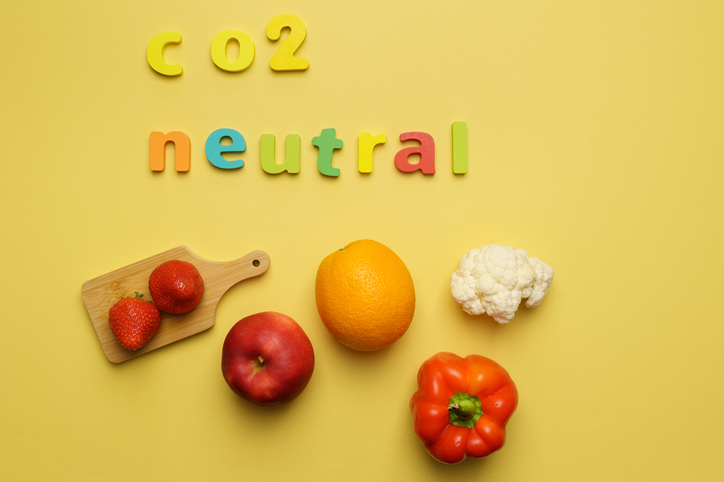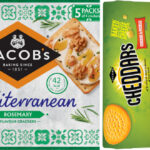The European Union (EU) has agreed to ban generic environmental claims in an effort to combat greenwashing and protect consumers. These claims include terms like ‘environmentally friendly’, ‘natural’, ‘biodegradable’, ‘climate neutral’, and ‘eco’, unless there is proof of recognized environmental performance relevant to the claim. The ban will also extend to claims of carbon neutrality or reduced environmental impact through emissions offsetting, as well as sustainability labels that are not supported by certification schemes or established by public authorities. The rules will apply to various sectors, including food, beverage, clothing, and home appliances.
To meet the EU’s definition of “excellent environmental performance,” companies must comply with official regulations or recognized EU ecolabeling schemes. For example, a claim of being ‘energy efficient’ could be made if the product demonstrates excellent environmental performance according to Regulation (EU) 2017/1369. However, a claim of being ‘biodegradable’ would not be allowed if it does not meet the specific EU Ecolabel criteria related to biodegradability.
These rules are part of an update to existing consumer protection laws and are expected to be enforced by national advertisement bodies and regulators. The proposals have received support from consumer groups and aim to provide consumers with reliable information when making sustainable purchasing decisions.
The implications for the carbon offset market mean that companies will need to reevaluate how they communicate about their carbon credit purchases. While claims of offsetting or neutrality will no longer be allowed, companies can still communicate their commitment to decarbonization and investment in sustainability. The legislation aims to decrease legal and reputational risks associated with misleading claims.
Dr. Thales West, a scientist at VU Amsterdam, emphasizes that companies should not consider “greenhushing” as an option but rather focus on taking meaningful climate and sustainability actions. Certification alone is not enough to ensure that carbon offsets effectively reduce emissions, as flawed methodologies are prevalent. The EU’s aim is to provide clarity and avoid misleading consumers.
Overall, these regulations reflect the increasing importance of transparency and accountability in the food and beverage industry, as well as other sectors. It is crucial for companies to understand and comply with these rules to build consumer trust and contribute to a more sustainable future.




